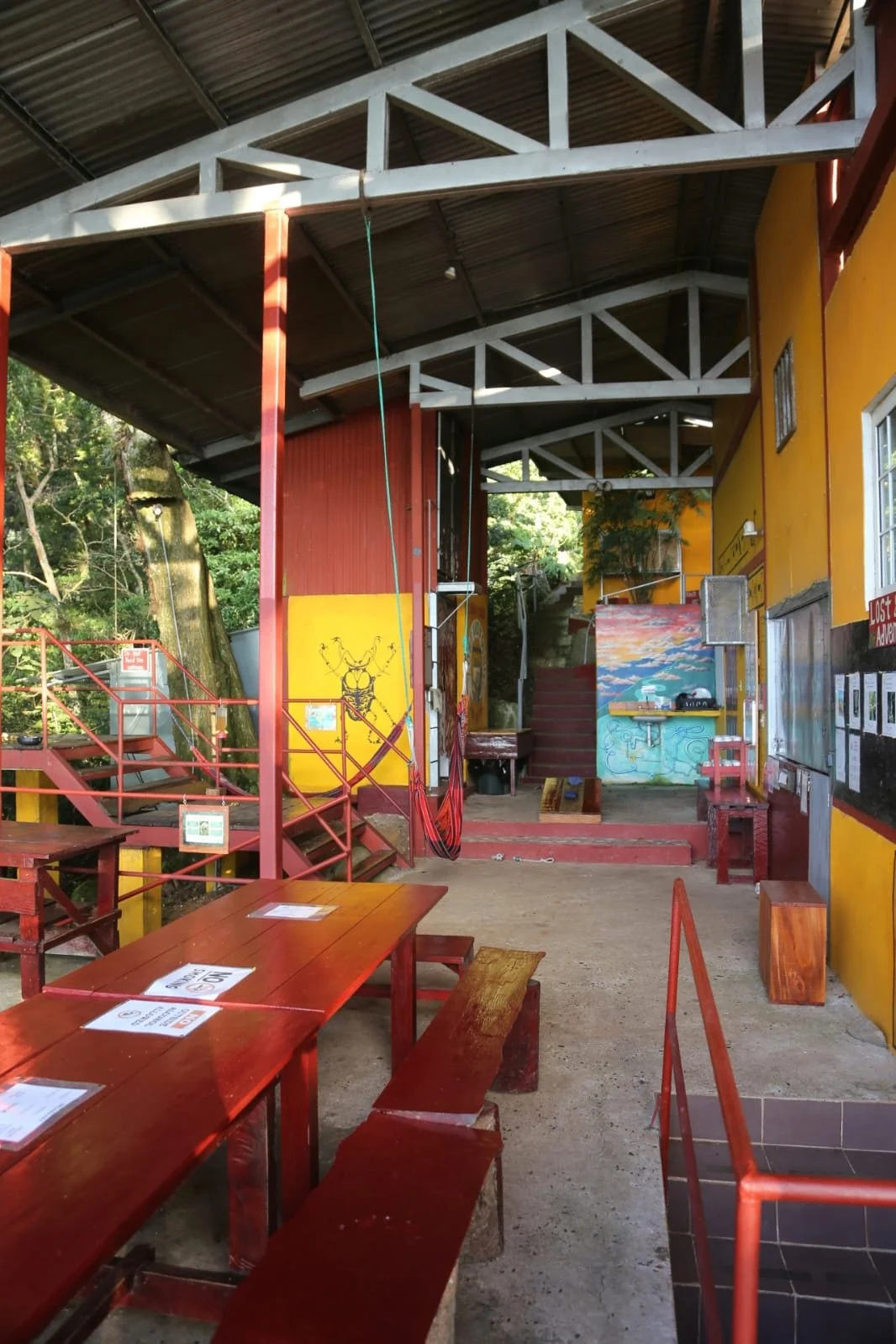The Lost and Found Hostel in Panama has earned a reputation as one of the most unique backpacker hostels in Central America, attracting travelers who want to immerse themselves in nature and adventure. Yet, unlike many accommodations in the region, the Lost and Found Hostel chooses not to work with Booking.com. This decision may surprise some travelers, but it reflects a conscious choice to support fairer practices in the travel industry and to better serve guests directly.
One of the main reasons the hostel avoids Booking.com is the high commission fees the platform charges. These fees can range from 15% to 25% on every reservation, a significant cut for small businesses trying to keep prices affordable while still maintaining quality services. For a community-based eco-hostel like Lost and Found, these costs take away resources that could otherwise go toward improving facilities, supporting local staff, and preserving the surrounding environment.
Another concern is how Booking.com and similar corporations have come to monopolize the travel industry. By dominating search results and advertising budgets, they leave little visibility for small, independent accommodations that don’t want to play into the same system. This creates a cycle where travelers unknowingly support giant platforms rather than the local businesses that give destinations like Panama their unique charm. By staying independent, the Lost and Found Hostel preserves its identity and ensures that guest experiences remain authentic and personal.
Booking directly through the Lost and Found Hostel’s website is one of the best ways travelers can support small businesses. When reservations are made directly, 100% of the payment goes to the hostel itself rather than a third-party platform. This helps keep prices fair for guests while giving the hostel more flexibility to offer better services, activities, and support for the surrounding community. It’s a win-win for both travelers and the local economy.
For those who still want to use a platform to plan their trip, Hostelworld is another good option. Unlike Booking.com, Hostelworld has traditionally catered more toward backpackers and independent travelers, and its focus on hostels means it plays a smaller but more supportive role in the travel community. While it also charges fees, Hostelworld is generally viewed as a platform that provides exposure without the same aggressive monopoly effect.
Ultimately, the Lost and Found Hostel’s decision not to use Booking.com reflects its values of independence, sustainability, and community. By booking directly through their website or considering alternatives like Hostelworld, travelers can ensure their money goes where it matters most — supporting small businesses and the unique experiences they create. Choosing how you book your stay is more than just convenience; it’s a way of shaping a fairer, more authentic travel industry.

